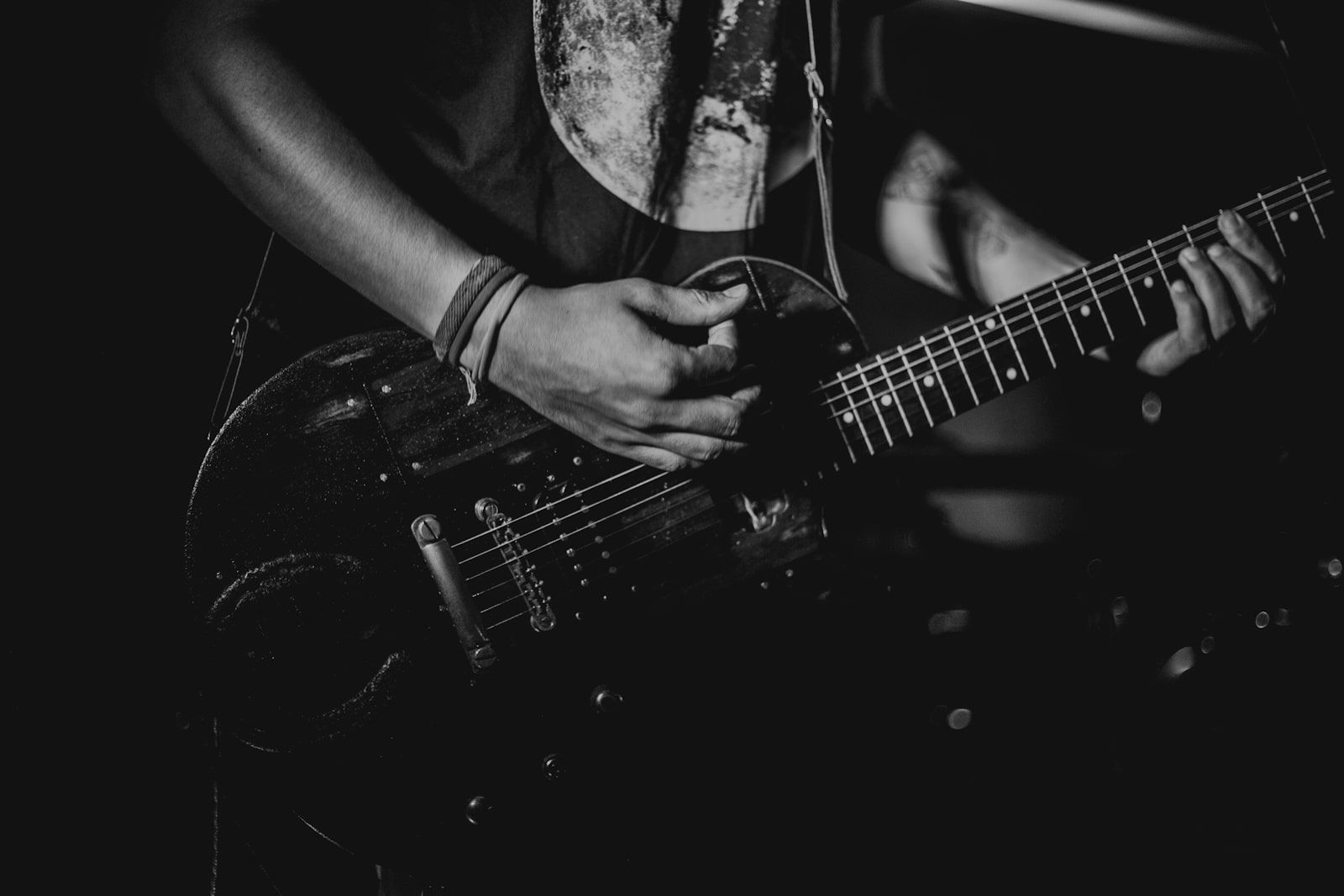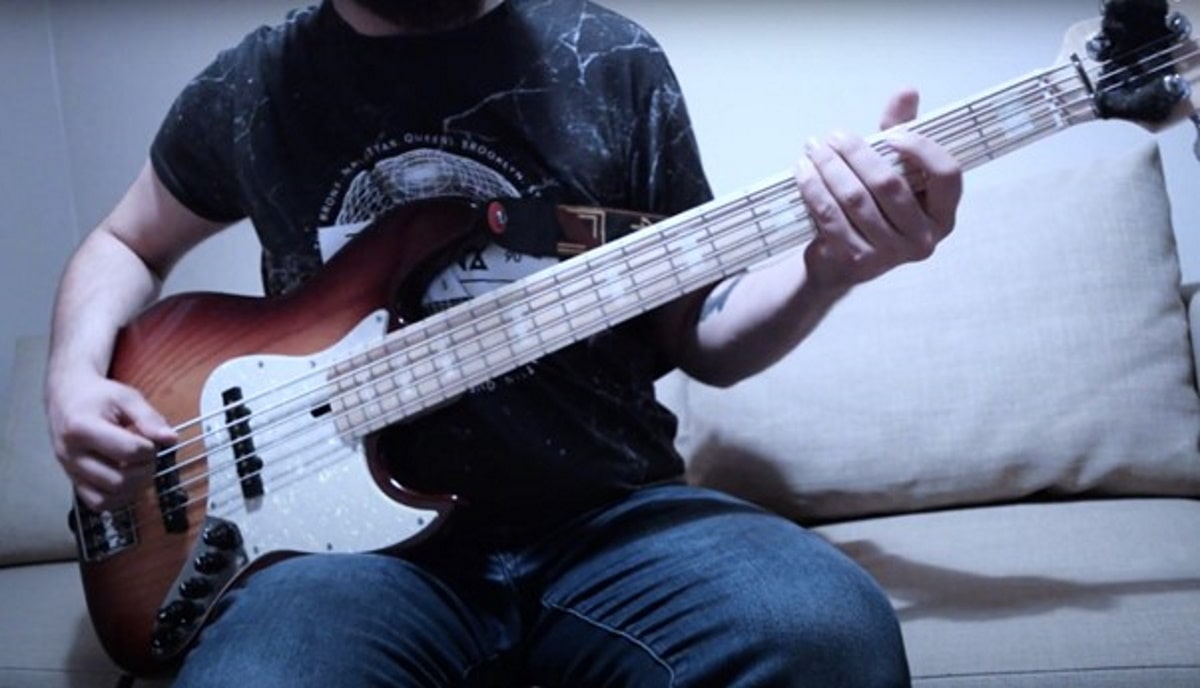Have you ever noticed that a song can have an overbearing power over you? Just listening to someone sing and play an instrument, one can suddenly feel happy as if they just found a speedypaper discount code, or incredibly sad as if something awful happened. Songs have been a potent medium for self-expression and exploring your identity for centuries. From the haunting melodies composed by Beethoven to the defiant anthems of hard rock, the music we resonate with mirrors our feelings and views, shaping our sense of self and influencing the way we perceive the world.
Let’s delve into the role of music preferences in self-expression and self-identity, drawing insights from the varied preferences of renowned artists.
The Power of Melody
Music is everywhere. We wear headphones when we exercise in the gym and even google mundane stuff like “Is writepaperfor.me a scam?” while having a YouTube tab with a random playlist open. With its ineffable ability to evoke feelings and stir the soul, music goes beyond etymological barriers and speaks directly to the heart. Music is always there for us.
For many people, songs function as a mirror of the self, reflecting their experiences and aspirations, especially when they are going through hard times. From the wistful strains of a melancholic ballad to the lively rhythms of a dancing anthem, the songs we like tend to resonate with the intricacies of our internal world, serving as a shelter for our troubled minds.
No matter your occupation, music is something that accompanies you all the time. For example, prominent filmmaker Quentin Tarantino, known for his diverse film soundtracks, is a testament to the extensive effect of songs on self-expression. With a propensity for blending different styles varying from traditional rock to surf rock and spaghetti western music, Tarantino infuses his movies with a distinctive music style that mirrors his tastes. From the soulful crooning of Aretha Franklin in “Pulp Fiction” to the abrasive punk rock of The Clash in “Reservoir Dogs,” Tarantino’s music choices not only match the story but additionally serve as an expansion of his creative vision, showing his rebellious spirit and tongue-in-cheek narration style.

The Intersection of Music and Identity
In the domain of visual arts, music dispositions have a profound impact on an artist’s identification and innovative voice. Renowned artists like Vincent van Gogh and Frida Kahlo have actually been believed to obtain ideas from music, which is usually mirrored in their artworks. If you take that knowledge into account, understanding their personal struggles, passions, and worldviews becomes much easier.
For example, van Gogh was deeply impacted by classical musicians like Beethoven and Wagner, whose powerful and emotional compositions affected his own turbulent emotions. The intense harmonies of Beethoven and the splendid operas of Wagner offered relief and ideas for van Gogh, helping him through hard times. His renowned paintings, such as “Starry Night” and “The Starry Night Over the Rhône,” were affected by music, highlighting the strong link between melodies and visual art in his artworks.
Also, Frida Kahlo, the renowned Mexican artist recognized for her dreamlike and exceptionally reflective artworks, found solace and catharsis in the music of her people. Influenced by a variety of Mexican tunes and vibrant mariachi beats, Kahlo’s paintings are abundant with the vibrant colors and vigor of her cultural background.
Self-Identity
Across the spectrum of musical categories and artistic disciplines, the interaction between music preferences and self-identity is both varied and profound. From the introspective lyricism of singer-songwriters like Bob Dylan and Joni Mitchell to the progressive experimentation of composers like John Cage and Philip Glass, each artist’s unique musical range mirrors their individuality, experiences, and worldview.
Bob Dylan, the enigmatic troubadour of the 1960s folk revival, epitomizes the intersection of music and self-expression. With his poetic lyricism and raspy vocals, Dylan captured the zeitgeist of his generation. From the protest anthems of “Blowin’ in the Wind” and “The Times They Are a-Changin'” to the introspective ballads of “Don’t Think Twice, It’s All Right” and “Like a Rolling Stone,” Dylan’s music served as a catalyst for social change.
Joni Mitchell, another luminary of the folk music movement, similarly wielded music as a tool for self-expression and introspection. With her touching verses and transcendent tunes, she fearlessly discovered motifs of love, yearning, and identity, her music serving as a window right into the human experience. From the deeply personal “Blue” to the atmospheric musings of “Both Sides Now,” Mitchell’s music traverses the landscape of human emotion with unparalleled grace and artistry, leaving an indelible imprint on the hearts and minds of listeners.
The Final Chord
In conclusion, the role of music preferences in self-expression and self-identity is exceptional, being a diverse and deeply individual journey that transcends social boundaries and creative techniques. Whether through the defiant anthems of hard rock or the soul-stirring tunes of timeless symphonies, music works as an avenue for exploring the depth of human experience and articulating the inexpressible complexities of the self.
As we live, the songs we embrace come to be an important part of our identification, serving as the reflection of our innermost thoughts, feelings, and ambitions. Friedrich Nietzsche, a famous philosopher whom people mention in writepaperfor.me reviews when praising top writers up to this day, once said: “Without music, life would be a mistake.” Indeed, it is via the transformative power of music that we find solace, inspiration, and the courage to embrace our true selves in all marvelous complexity.














